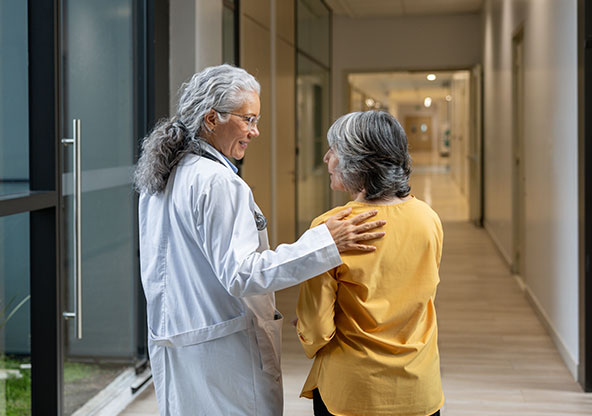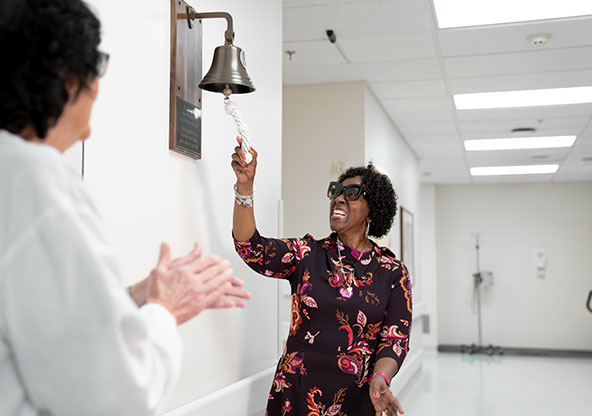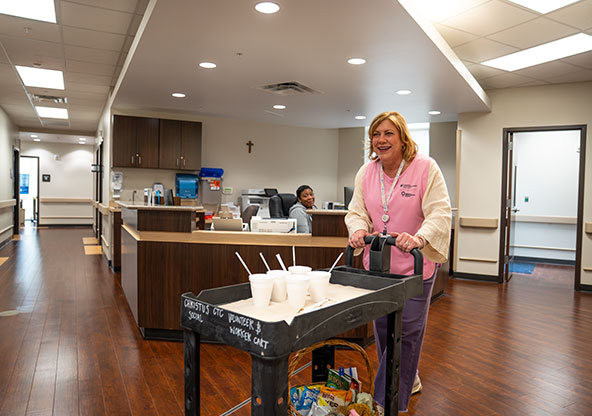What Clinical Trials Are
A clinical trial is a carefully designed research study that tests new ways to treat or manage cancer. Every trial is reviewed for patient safety and follows strict federal guidelines. Trials can include testing new drugs, new combinations of treatments, or new approaches to supportive care.
Not every trial is about “last resort” therapies — many are designed for patients at early or moderate stages of breast cancer.
Patients may wonder: Are clinical trials safe? How do I qualify? What happens if the new treatment doesn’t work? Will it cost me money? Will I be given a placebo?
Each trial has eligibility criteria, and patients are closely monitored by their care team. The goal is to provide the most effective and safe treatment options possible. Your doctor will talk to you about next steps if the treatment does not work. You can also stop a clinical trial at any time — this is a decision you and your doctor make together.
Some clinical trial costs may be paid by the study sponsor. Many clinical trials include some standard treatments your insurance will pay for. Before you join a clinical trial, the study coordinators will discuss potential costs with you.
No one on a cancer clinical trial receives a placebo alone. Everyone on a cancer clinical trial gets the clinical trial treatment or gets the standard of care.
Early detection and clinical trials often go hand in hand. Detecting breast cancer at an earlier stage not only improves outcomes with existing treatments but also opens the door for more patients to participate in trials testing promising new therapies. Together, early diagnosis and trial participation give patients the best chance at both immediate treatment success and long-term advances in care.





